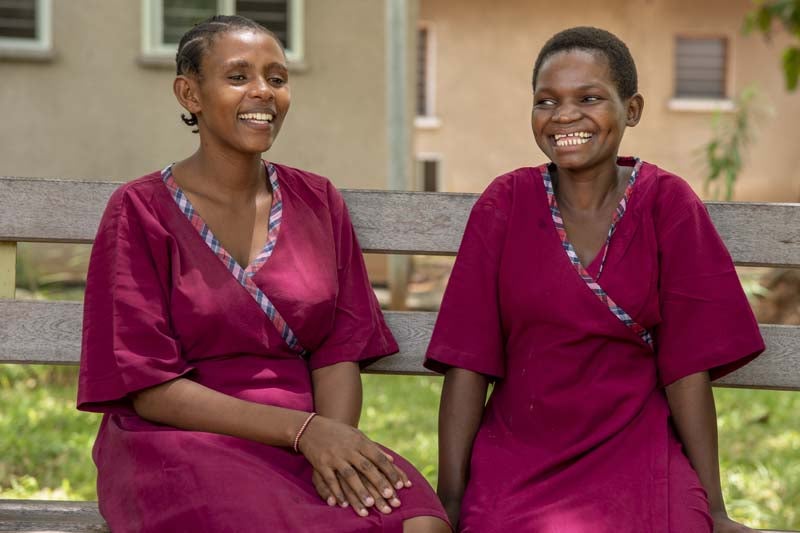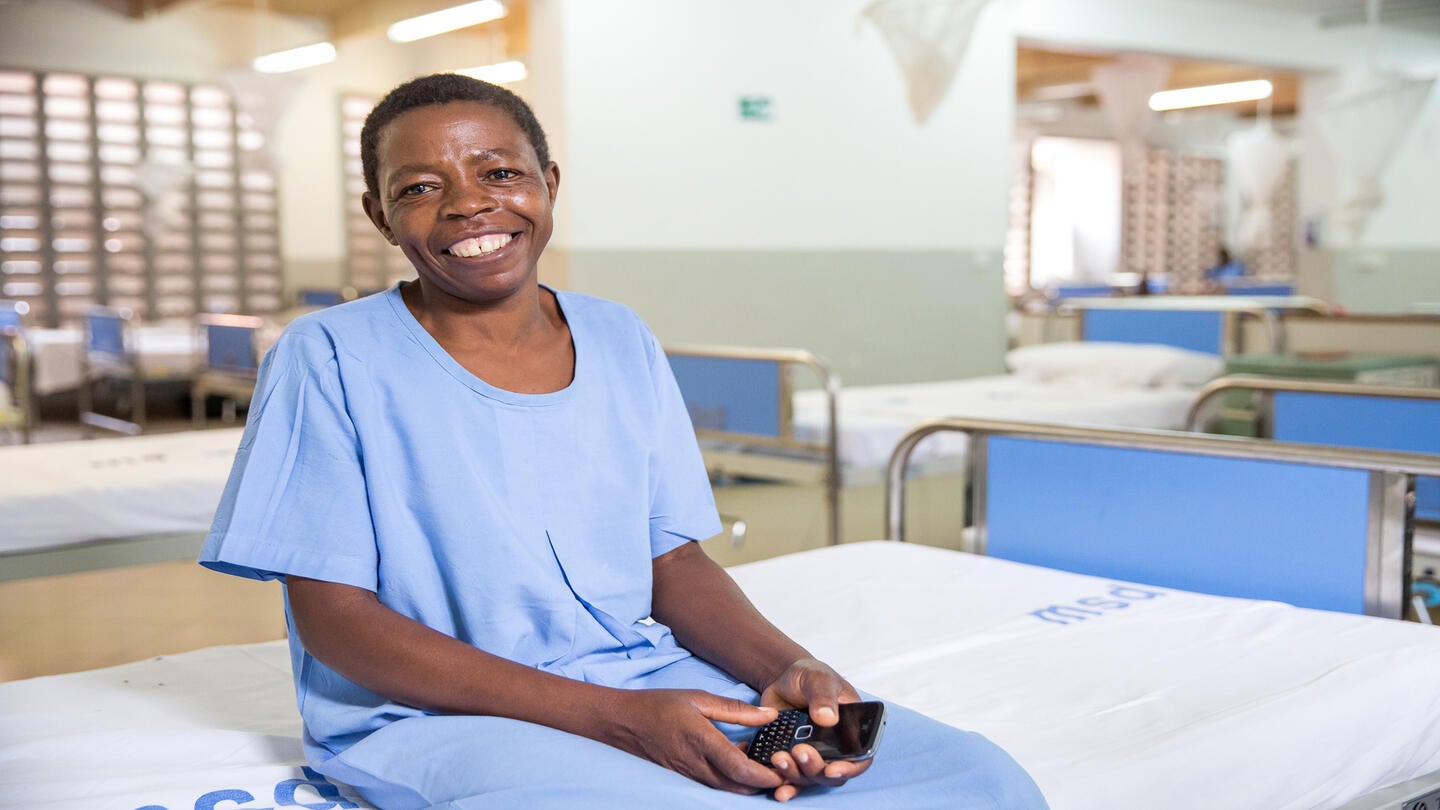Geita, Tanzania – For 35 long years, Upendo Emmanuel lived in silence. At just 16 years old, her life changed forever during what should have been a joyous moment — the birth of her first child. But complications during labor led to a condition she had never heard of: obstetric fistula.
The baby did not survive. And Upendo was left with a debilitating injury — a tear between her birth canal and bladder — that caused her to leak urine uncontrollably. She was forced to drop out of community life, shunned by friends, and even abandoned by some family members. “I smelled bad. People avoided me. I felt like I was not human,” Upendo recalls, eyes brimming with tears.
For five decades, she suffered in isolation — no voice, no help, no hope. In rural Tanzania, like many parts of the world, obstetric fistula is not just a medical condition; it is a sentence of shame and neglect.
But Upendo’s story did not end there.
In 2023, Upendo was identified by a UNFPA-supported outreach program in the Kigoma region, which raises awareness about fistula and connects survivors to treatment. With UNFPA’s support, she received free, high-quality surgical repair at a regional hospital, along with emotional counselling and reintegration support. For the first time in 35 years, Upendo is dry. She is healing — physically and emotionally.
“I feel like I have been reborn,” she says. “Now I can walk into a room without fear. I can sit with others. I am part of the community again.”
UNFPA, the United Nations sexual and reproductive health agency, is working with the Government of Tanzania and partners to end obstetric fistula. Through targeted interventions — including training fistula surgeons, equipping health facilities, and conducting community outreach — over 4,000 women like Upendo have received life-changing treatment in recent years.
But thousands more still wait.

“Upendo’s story is a powerful reminder that behind every statistic is a woman whose life can be transformed,” says Mark Bryan Schreiner, UNFPA Representative in Tanzania. “Fistula is entirely preventable and treatable — but only if we commit the resources and attention it deserves. At UNFPA, we believe no woman should be left behind and No woman or girl should have to endure the agony of obstetric fistula’’
A Call to Action
Upendo’s story is one of resilience and rebirth. But too many women still live in the shadows of this silent suffering. UNFPA calls on governments, donors, and communities to:
- Invest in maternal health and emergency obstetric care.
- Support training and deployment of skilled fistula surgeons.
- Expand outreach programs to identify and refer fistula survivors.
- Break the stigma through education and advocacy.
Upendo’s voice is no longer silent — and neither should ours be. Let’s restore dignity. Let’s end obstetric fistula. For Upendo. For every woman.
Obstetric fistula is a hole between the birth canal and bladder or rectum or both, caused by prolonged, obstructed labour without access to timely, quality medical treatment. It often leads to severe and chronic health problems, depression, and social isolation.
To create effective, rights-based and culturally appropriate solutions, we must build on the voices and experiences of women and girls — especially fistula survivors.
By putting women and girls at the heart of stronger health systems and by bridging health and social gaps, we can end fistula by 2030. This will require a comprehensive approach to strengthening sexual, reproductive, maternal and newborn health services — including investing in robust health systems and ensuring access to midwives and timely emergency obstetric care, particularly in hard-to-reach areas.
"Breaking the Cycle: Preventing Fistula Worldwide". This theme emphasizes the need for comprehensive efforts to address obstetric fistula, focusing on preventing it in the first place through equitable access to quality maternal health services, social reintegration, and sustained investment in healthcare systems.
Media Inquiries:
Dr. Warren Bright
UNFPA Communications Analyst,
United Republic of Tanzania
Phone: +255 764 43 44 45
Email: bwarren@unfpa.or


